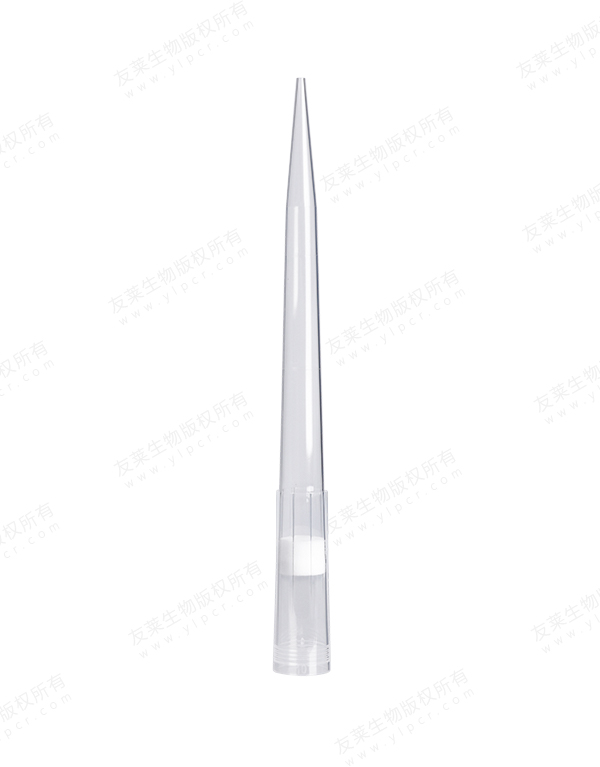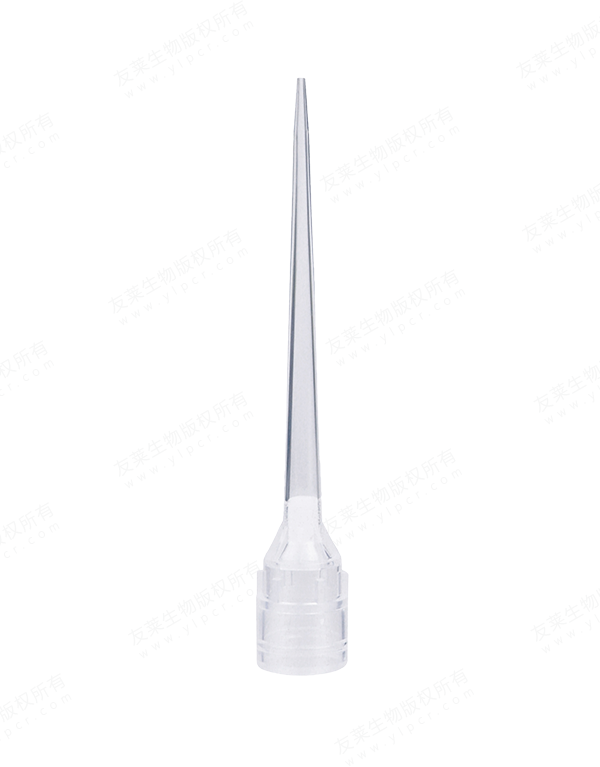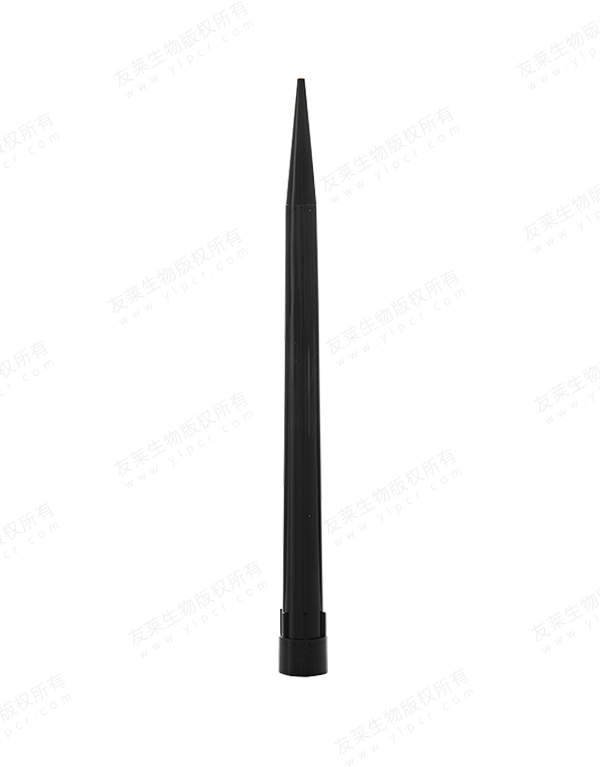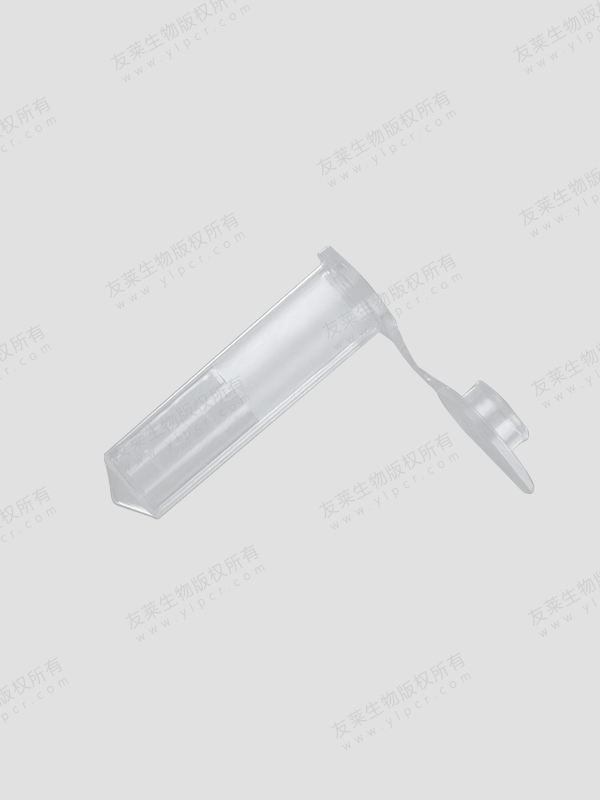Centrifuge Tubes are used in laboratory settings to separate samples for testing. They are available in a variety of colors and materials to suit your workflow needs.
Choose from glass or plastic centrifuge tubes in various sizes and capacities. The material you select depends on your application, as some offer better chemical resistance than others.
Material
Centrifuge tubes must be made of a material that is resistant to many chemical agents. This is essential to preventing damage during centrifugation which can compromise the integrity of the sample and result in costly spills.
The manufacturer will typically mention the max RCF (relative centrifugal force) that a tube can withstand. This is more important than the rpm rating since it takes into account the gravitational force that is applied to the samples during centrifugation while rpm only measures the spinning speed of the rotor.
Select the type of tube that will best suit your workflow. For example, snap cap tubes are easier to open and close one-handed and can be inserted into a rotor with less force. If your samples are light sensitive, opt for a dark colored polypropylene model. For easy identification of samples, choose tubes that offer an ID field and have either a plug seal or flat cap. Leak proof caps are available in both styles.
Sterility
Centrifuge tubes come in sterile and nonsterile options, depending on your lab's requirements. Sterile tubes are free from live microorganisms, including bacteria, fungi and yeast. They must also be tested for microbial burden, or bioburden, to ensure that they're truly sterile.
When choosing a centrifuge tube, it's important to consider the type of sterility you need and its compatibility with your samples. Common tube materials include polypropylene (PP), polyallomer (PA), and plastics such as polycarbonate (PC) and polyethylene terephthalate (PET).
To ensure the safety of your samples, look for a snap cap, needle insertion spot, and dual graduation scales. Some tubes have a textured marking area and improved surface binding to reduce sample loss. You'll also find a variety of colors to help you identify your samples. If you're working with high speeds, check the maximum relative centrifugal force (RCF) rating. Pricing can vary based on this feature, which takes into account the gravitational forces involved.
Graduation
Choosing the right centrifuge tube for your lab can help make your work more efficient, safer and even more fun. There are a number of elements that you should consider when making your purchase, including size, graduation and centrifugation speed.
The degree of graduation of centrifuge tubes can vary, affecting the level of precision that you can measure your samples with. Some have double graduation scales for greater accuracy, while others are printed with single markings. In addition, you can choose between snap or screw caps for additional security. Screw caps provide superior sealing, which prevents accidental opening and spills.
These clear polypropylene microcentrifuge tubes are designed to allow you to easily view the contents. They are freezer-safe, suitable for boiling and autoclaving, and have a large frosted writing area. They are packed in a sterile bulk pack of 25.
Size
Whether you're storing samples or performing a complicated chemical separation, centrifuge tubes are some of the most reached-for tools in your lab. But with so many different sizing options, volume capacities, materials and other factors to consider, finding the perfect fit for your specific needs can seem daunting.
Our selection of high quality centrifuge tubes includes a wide variety of sizes, including 15 mL and 50 mL centrifuge tube options. These tubes feature HDPE screw caps with a flat polypropylene writing area for easy identification and labeling. Smooth hydrophobic internal surfaces minimize wall effect and increase the stability of your sample.
Some of these heavy duty centrifuge tubes have been specially designed to withstand RCF ratings of up to 12,000 x G. They also have increased wall thickness and conical bottoms to help collect any solid or heavier parts of your sample during centrifugation. Choose from a range of sizes, colors and closure types to find the right fit for your application.

 English
English русский
русский 中文简体
中文简体




